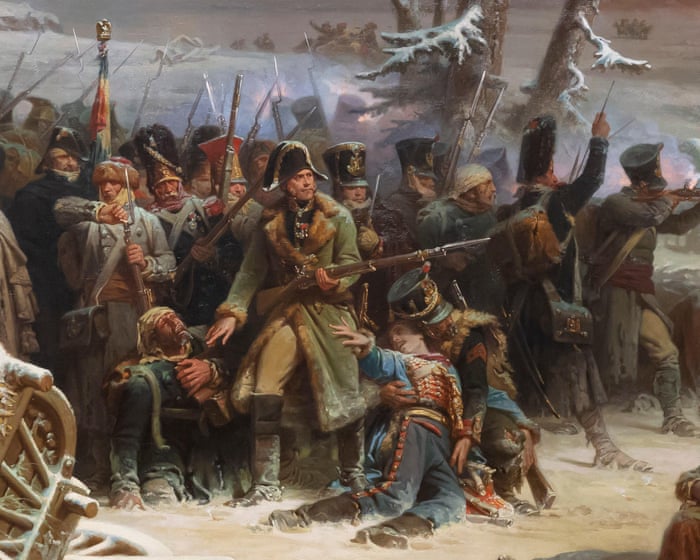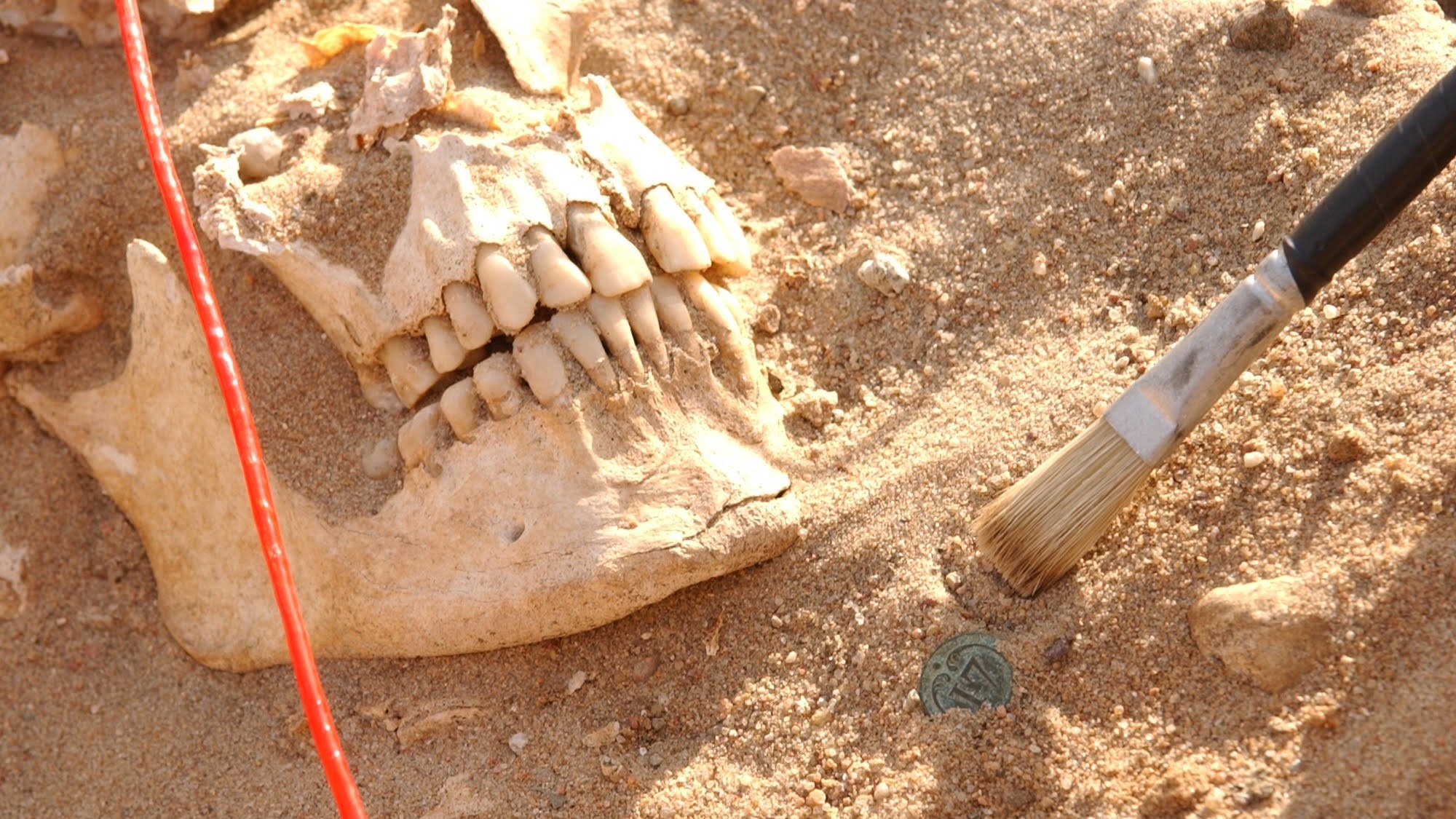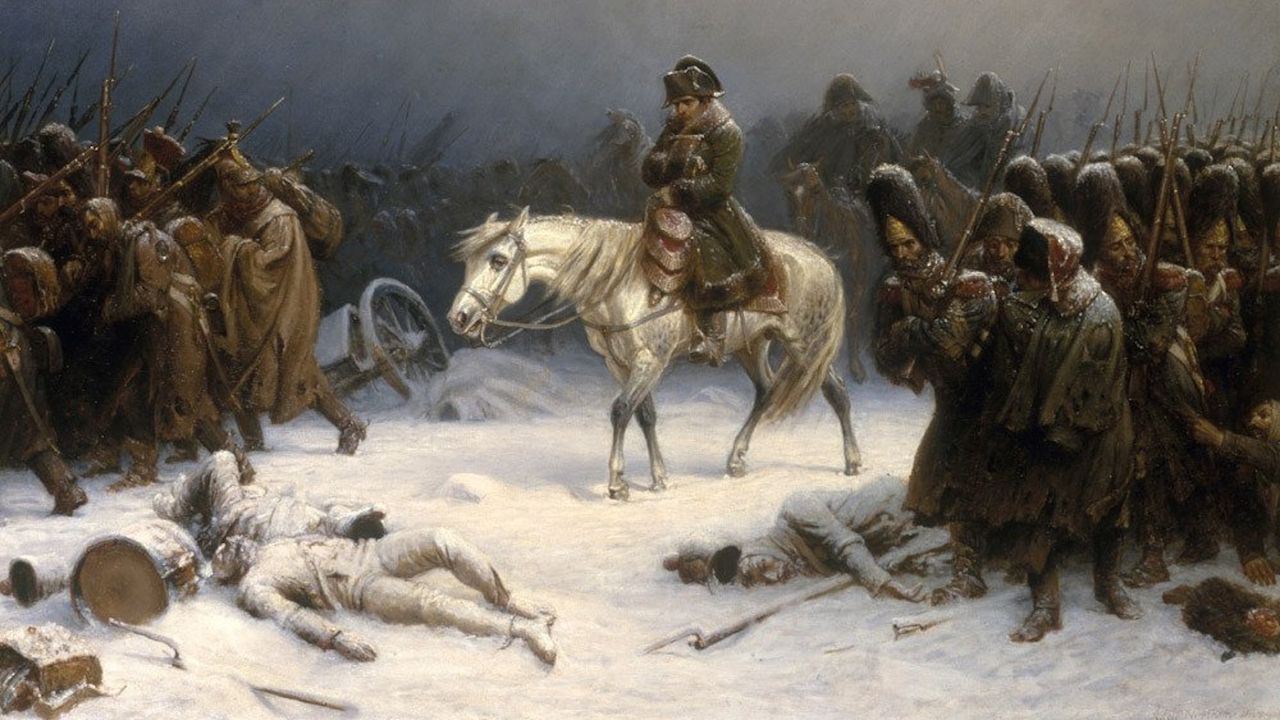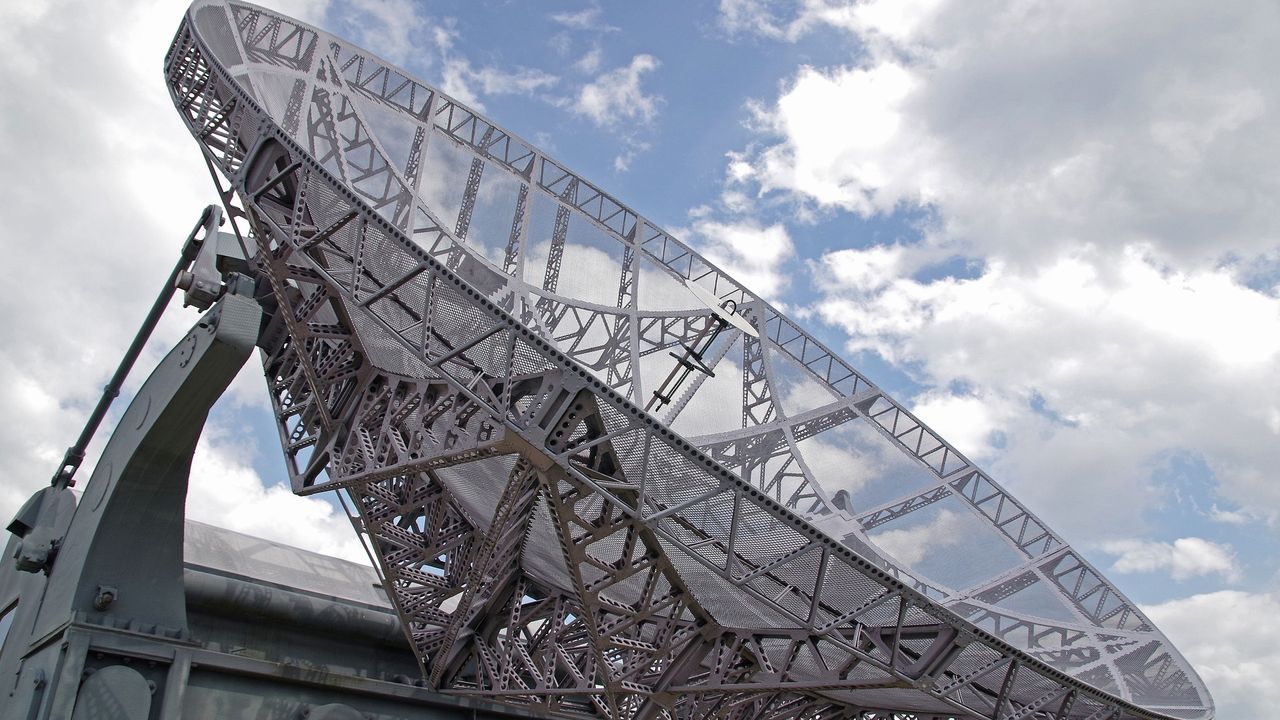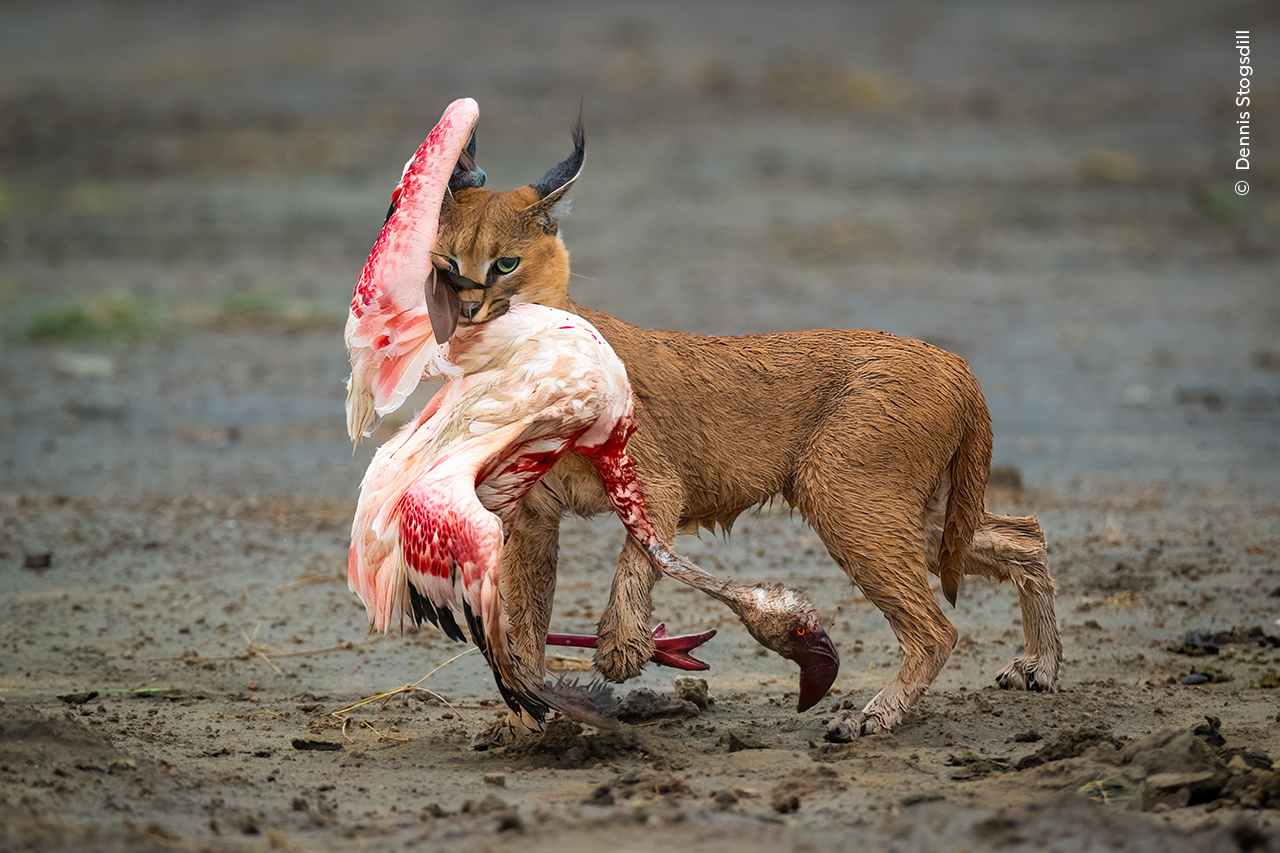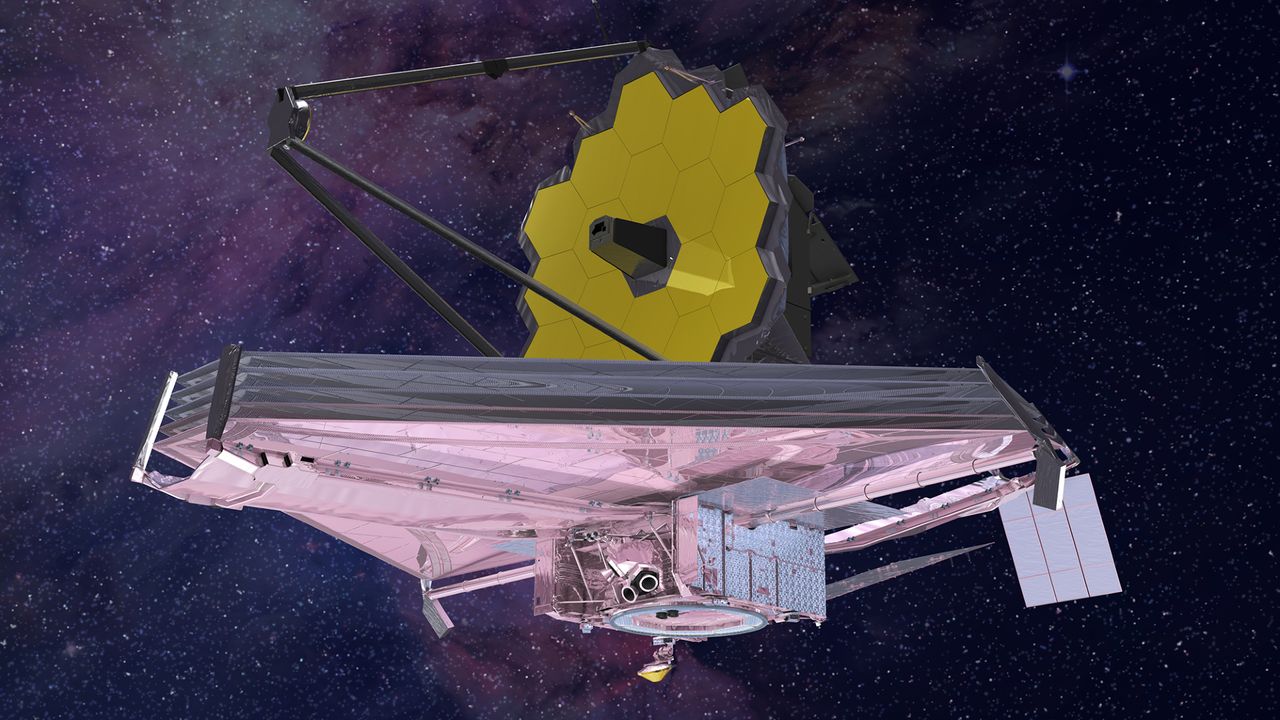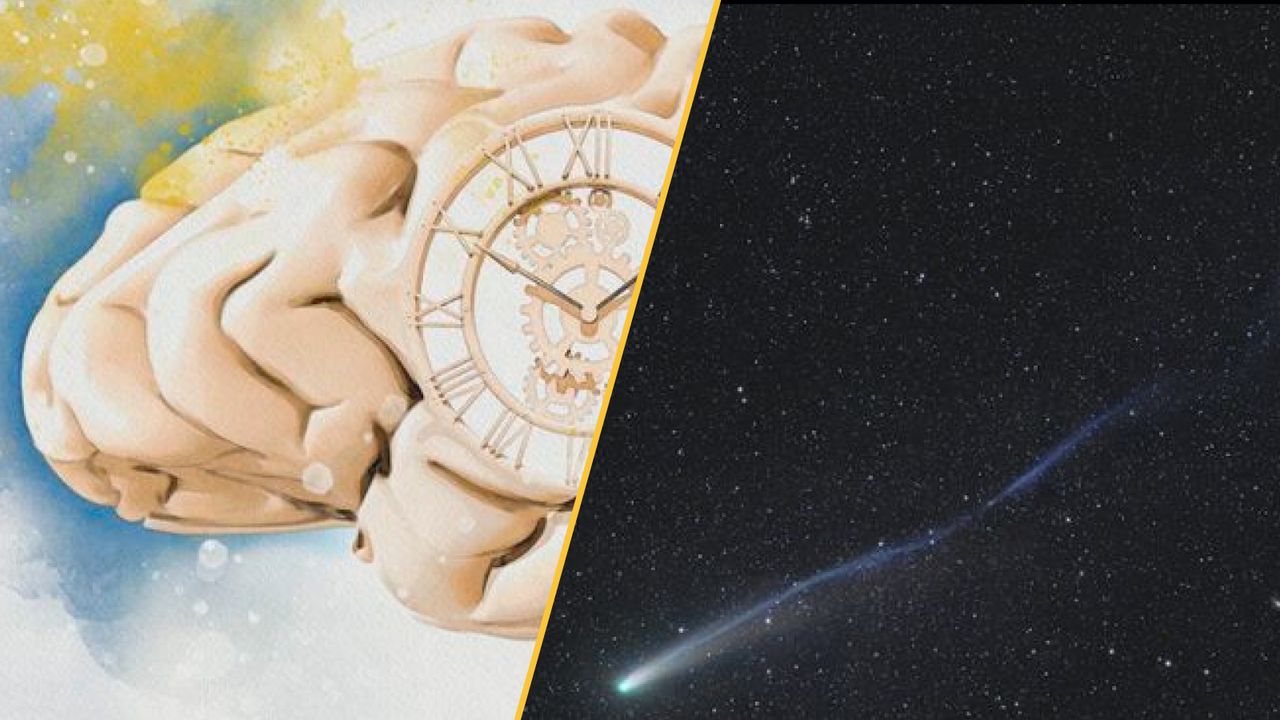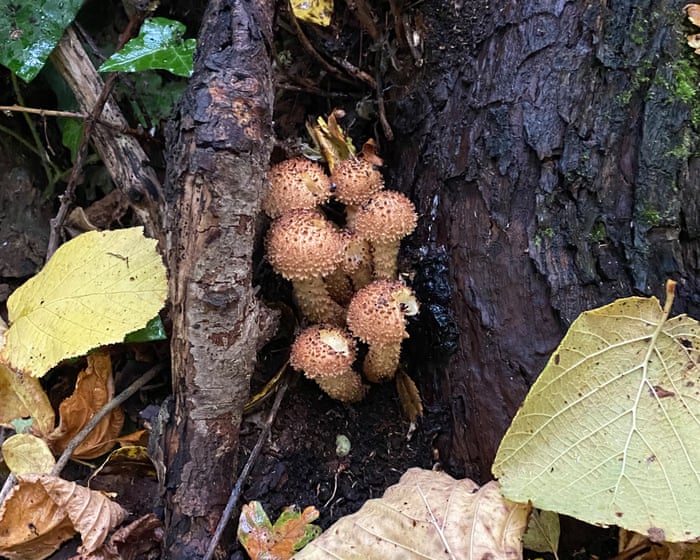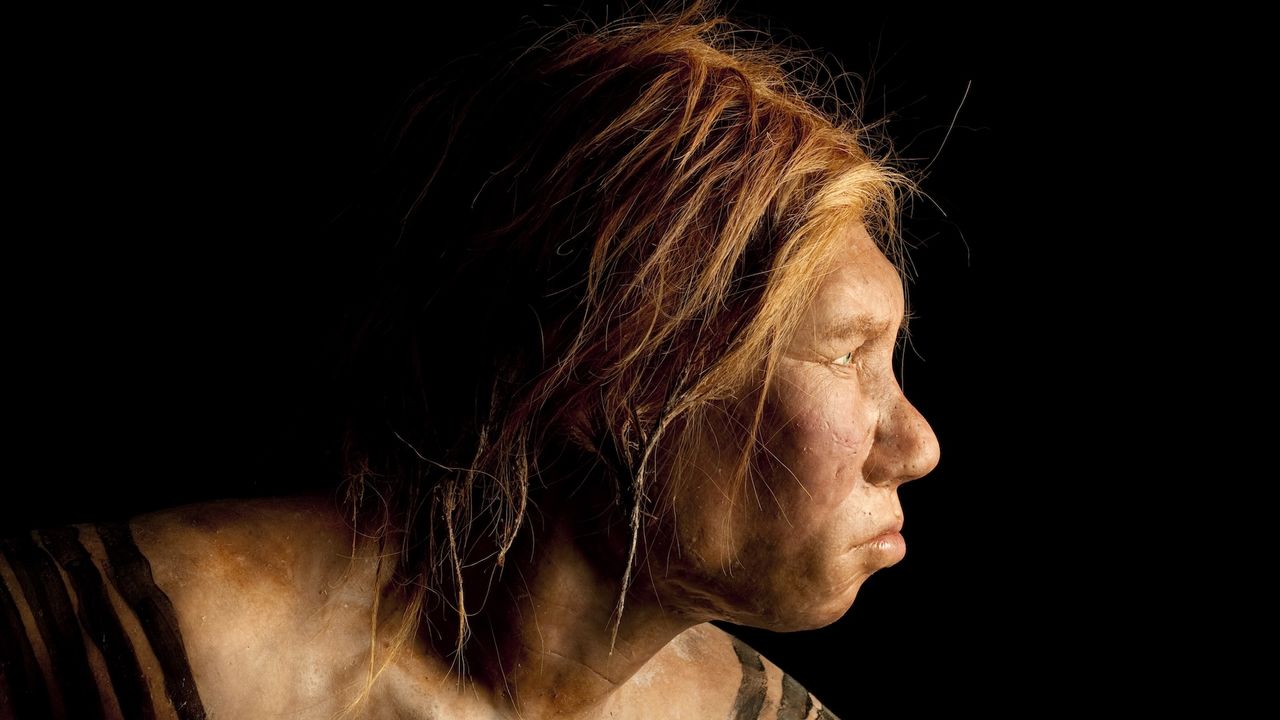Ancient DNA Reveals New Diseases behind Napoleon’s 1812 Russian Retreat
PositiveScience
Recent discoveries of disease-causing bacteria in the teeth of Napoleonic soldiers shed light on the challenges faced during Napoleon's infamous 1812 retreat from Russia. This finding not only enhances our understanding of historical events but also highlights the impact of health on military campaigns, reminding us that even great leaders can be thwarted by unseen enemies.
— Curated by the World Pulse Now AI Editorial System
